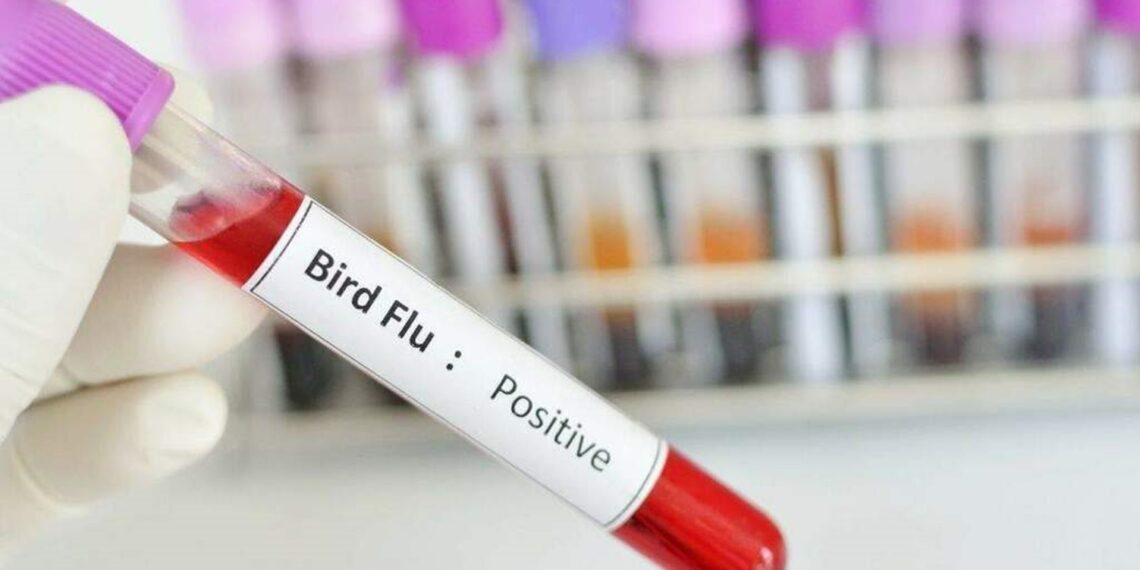The World Health Organization (WHO) has confirmed a case of human infection with the H9N2 bird flu virus in a four-year-old child from West Bengal.
This marks the second documented human case of H9N2 bird flu in India, following a previous instance in 2019.
The child was admitted to a local hospital’s paediatric intensive care unit in February due to severe respiratory issues, high fever, and abdominal cramps.
After three months of diagnosis and treatment, the patient was discharged.
According to WHO reports, the child had regular exposure to poultry at home and in the surrounding environment.
There have been no reports of respiratory illness symptoms among family members or other contacts, the agency noted.
Initially diagnosed with hyperreactive airway disease in late January, the child’s condition deteriorated with seizures and ongoing respiratory distress, necessitating ICU admission.
Hospital assessments later identified post-infectious bronchiolitis from viral pneumonia, with subsequent tests confirming influenza B and adenovirus.
Treatment continued until discharge on February 28.
Despite initial improvement, the child’s health declined again, leading to readmission to another hospital on March 3.
Nasal swabs confirmed an influenza A subtype H9N2 infection, known as avian flu, according to WHO classification.
Details on vaccination history and antiviral treatments were unavailable at the time of reporting, WHO officials added.
While typically causing mild illness, WHO warned of potential sporadic human cases due to the widespread presence of H9N2 in poultry across various regions.
The agency continues to monitor the situation closely for any further developments.















